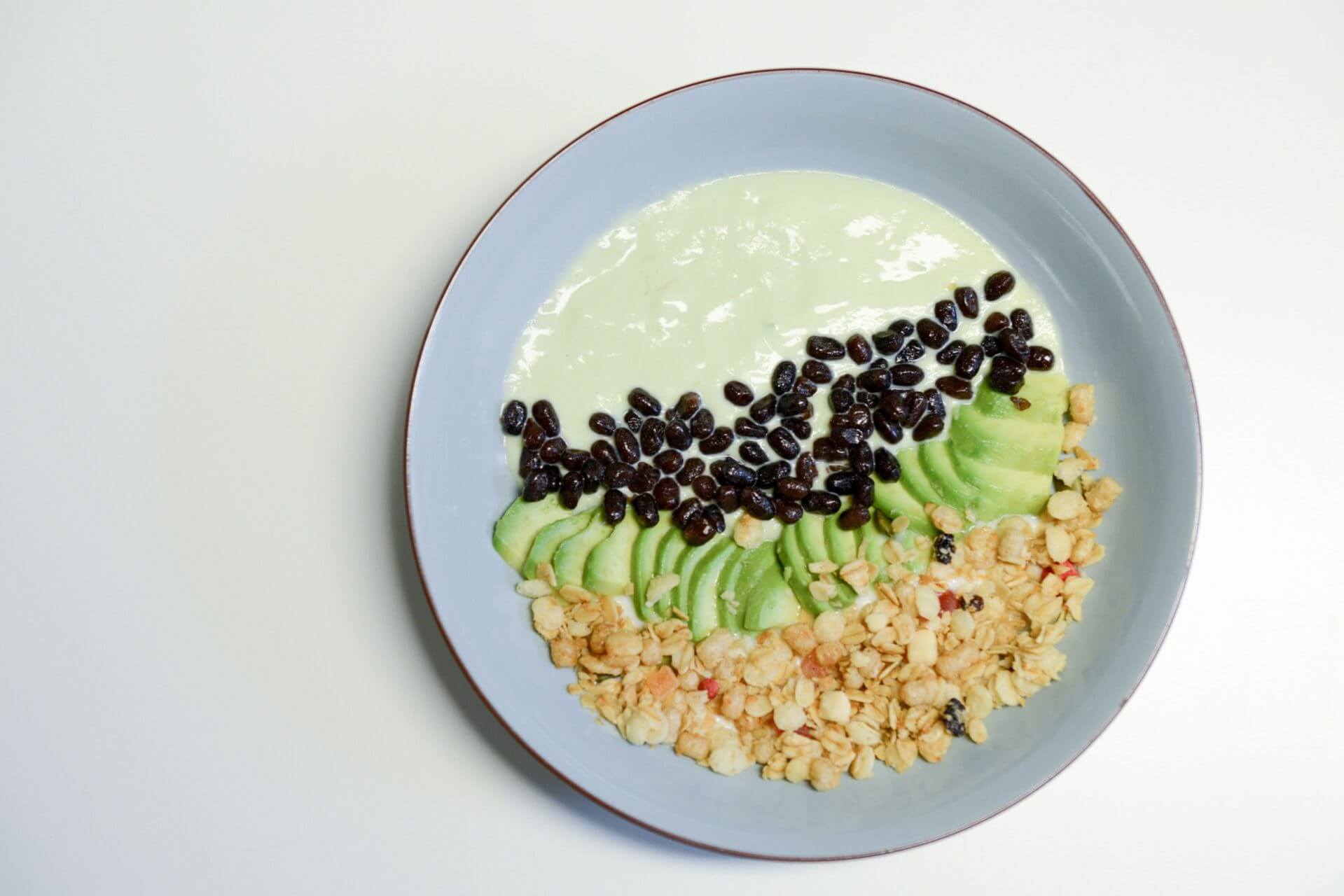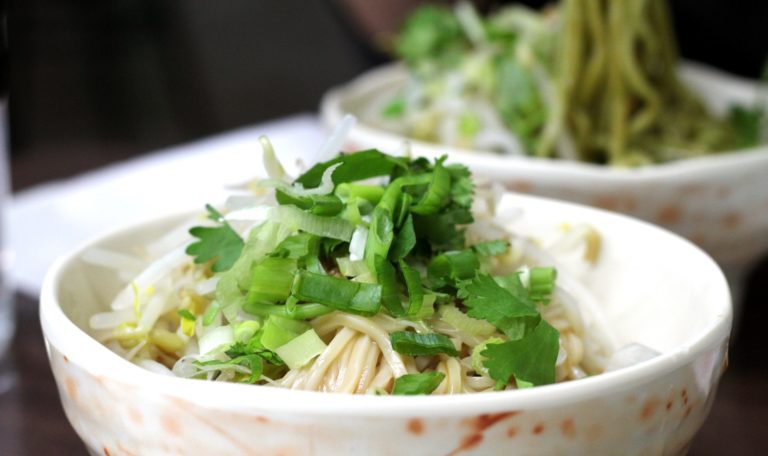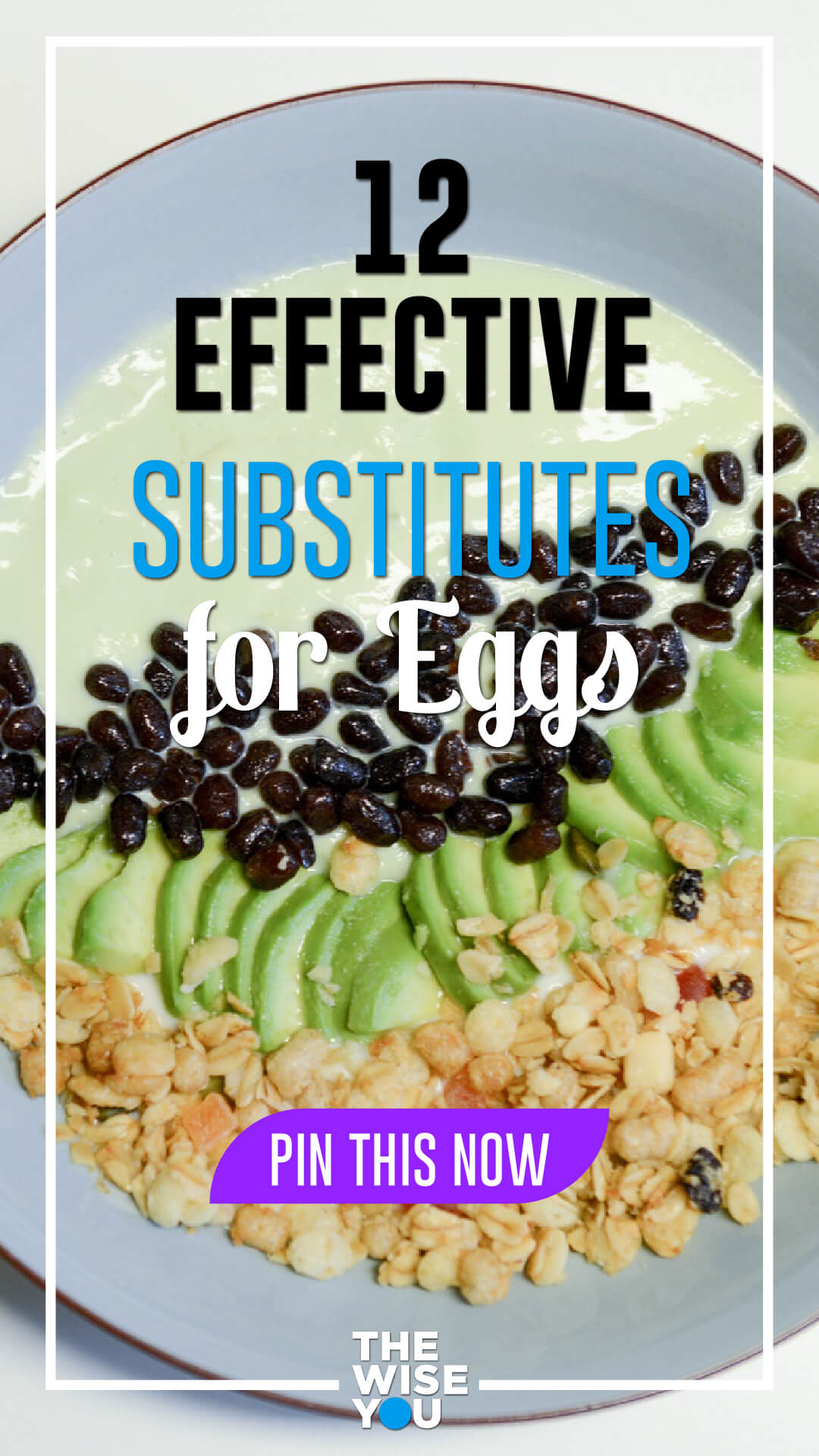What can I use in place of eggs? Well, eggs are amazingly tasty, healthy, and versatile, which makes a popular food.
This is especially true in baking where almost every recipe comprises of an egg. But for various reasons, some people avoid eating eggs.
Let’s explore some of the foods you can use in place of eggs.
Reasons Why you May Need Substitutes for Eggs
There many reasons why you might substitute eggs in your cooking. But the most common reasons are dietary preferences and allergies.
Egg Allergy
An allergy to eggs ranks as the second most prevalent type of food allergy for toddlers and young kids.
But studies show that by their third birthday, 50% of the kids outgrow the allergy, and by their sixth birthday, 66% are no longer allergic to eggs.
Although most allergic kids build tolerance as they grow older, a few people remain allergic to eggs for life.
Vegan Diet
More and more people are adopting a vegan diet and thus opt not to eat animal products like eggs, meat, and dairy.
Vegans shun animal products because of ecological concerns, health purposes, or for ethical reasons.
Why Do You Need Eggs in Baking?
Eggs serve several essential purposes in baking. Here is how they add to the flavor, color, consistency, and structure of baked goods:
● Binging: Eggs help mix and bind the ingredients. They thus give foods like desserts and pastries structure and keep them from disintegrating.
● Leavening: Eggs create pockets of air, in whatever you’re baking, which then expand on heating. The expansion gives foods like angel food cake, soufflés, and meringues their volume and airy texture.
● Moisture: The liquid in the eggs is absorbed into the other ingredients, and thus eggs add moisture to your cookies, cakes, or any other product baked goods.
● Flavor and appearance: Eggs help integrate the tastes of all the other ingredients. They also give baked goods a gold-brown appearance. Besides, the fat in the eggs, when combined with sugar, it creates a particularly rich flavor.
What to Use Instead of Eggs
How can you substitute eggs in baking?
1. Applesauce
Applesauce is a pulp of cooked apples. It’s flavored or sweetened with spices like cinnamon and nutmeg.
Applesauce makes for an excellent substitute for eggs. Sixty-five grams or one-fourth of a cup can replace a single egg.
Unsweetened applesauce is the best option, but if you opt for the sweetened variety, you need to limit your use of sweeteners or sugar.
2. Mashed Banana
Bananas are an excellent replacement for eggs. But the downside of baking using bananas is that they leave a mild flavor in your food.
If that’s a problem for you, you can opt for other pureed fruits, especially avocado and pumpkin, which won’t affect the flavor.
Whichever fruit you opt for, 65 grams of the puree equals one egg, and your baked goods will moist and dense. This makes bananas, avocados, or pumpkins perfect for quick bread, brownies, muffins, and cakes.
3. Ground Flaxseeds or Chia seeds
Chia seeds and Flaxseeds are tiny but highly nutritious seeds. They’re rich in fiber, omega-3 fatty acids, and other nourishing plant compounds.
You can get ready-made seed meals in stores, or you can grind your seeds at home. To replace a single egg, you should mix 7 grams (or one tablespoon) of ground flaxseed or chia with 45 grams (or three tablespoons) of water.
After the mix has blended and thickened, you can then use it in your bakes, which will turn out to be dense and heavy. Your baked goods will also have a nuttier flavor, so this egg replacement works best pancakes, bread, cookies, waffles, and muffins.
4. Commercial Egg Replacer
There is a wide range of commercial egg replacers out there, and they’re usually made of tapioca starch, potato starch, and leavening agents.
Egg replacer works well in all baked goods, and they don’t affect the flavor. Some of the top brands of egg replacers include Organ, Bob’s Red Mill, and Ener-G.
Each brand has specific instructions, but typically you can replace one egg by blending one gram (or 1.5 teaspoons) of the powder with 20-45 grams (or 2-4 tablespoons) of warm water.
5. Silken Tofu
Tofu is essentially soymilk that has been processed and transformed into solid blocks. The tofu comes in various textures which are based on the water content. The lesser water it contains, the firmer tofu becomes.
The silken variety of tofu has high water content, and thus it’s softer. Sixty grams or (one-fourth of a cup) of silken tofu pulp can replace one egg.
Silken tofu is flavorless, but when used in baking, it creates heavy and dense goods, and so it works best in quick bread, cakes, cookies, and brownies.
6. Vinegar and Baking Soda
A mixture of 7 grams (or one tablespoon) of baking soda and 15 grams (or one tablespoon) of vinegar can replace a single egg in baking.
White distilled vinegar or Apple cider vinegar is the most preferred choice.
When mixed, baking soda and vinegar spur a chemical reaction that creates water and carbon dioxide; this gives baked goods an airy and light texture.
The two are thus excellent substitutes for eggs in quick bread, cakes and cupcakes.
7. Yogurt or Buttermilk
Both buttermilk and yogurt are great substitutes for eggs. Plain yogurt is preferable because, unlike the sweetened and flavored varieties, it doesn’t change the flavor of your baked goods.
To replace one egg, you need 60 grams (or one-fourth cup) of buttermilk or yogurt, and the two work best in cakes, cupcakes, and muffins.
8. Arrowroot Powder
Arrowroot powder is extracted from a South American tuber rich in starch. It’s sold as flour, powder, or starch.
It’s similar to corn starch, and so you can use it in both baking and cooking. To replace a single egg, you need 18 grams (or two tablespoons) of arrowroot powder.
9. Aquafaba
Aquafaba is the left-over liquid from cooking legumes or beans. It’s the liquid you find in canned beans or chickpeas.
The liquid’s consistency is similar to that of uncooked egg whites, and so it great for recipes that require raw eggs. To replace a single egg, you need 45 grams (or three tablespoons) of Aquafaba.
Aquafaba works best in recipes that require egg whites like marshmallows, meringues, macaroons, or nougat.
10. Nut Butter
Just like almond or cashew butter, peanut can substitute eggs in baking. To replace one egg, you need 60 grams (or three tablespoons) of nut butter.
Nut butter can, however, affect the flavor of your baked products. It works best in pancakes, brownies, and cookies.
11. Carbonated water
Carbonated water is an excellent leavening agent, and it adds moisture to your baked goods. Because of the carbonation, it traps air bubbles and thus gives your baked goods a fluffy and light texture.
To substitute a single egg, you need 60 grams or one-fourth of a cup of carbonated water. It works best in quick bread, cakes, and cupcakes.
12. Agar-Agar or Gelatin.
Gelatin is an excellent gelling agent. However, it’s derived from cow or pig collagen. If you’re vegan, you can opt for agar-agar, which is obtained from algae and seaweed.
To substitute a single egg, you need to mix 9 grams (or one tablespoon) of Gelatin with one tablespoon of cold water. You should then add two tablespoons of boiling water to the blend and then mix it up until it’s frothy.
Alternatively, you can replace an egg with one tablespoon of agar-agar blended with one tablespoon of water.
Both of these substitutes for eggs don’t impact the flavor of your baked goods, although they create a somewhat stiffer texture.
Here is a bonus substitute for eggs:
Soy Lecithin
Soy lecithin is produced from soy oil, and it’s known for its egg-like binding properties. It’s added to many commercially prepared foods owing to its ability to blend and bind ingredients together.
To substitute a single egg, you need to add one tablespoon of soy lecithin concentrate to your recipe.
What if Your Recipe Requires Egg Yolks or Whites?
All these ingredients are excellent alternatives to whole eggs, but some recipes require egg yolks or egg whites.
Here are the most suitable alternatives for each:
● Egg whites: Aquafina is the most suitable option. For each egg white, you need to replace, use three tablespoons of Aquafina.
● Egg yolks: Soy lecithin is an excellent alternative. One tablespoon can replace an egg yolk.
The Bottom line on the Best Substitutes for Eggs
Eggs add to the color, flavor, consistency, and structure of baked goods. Unfortunately, not everyone eats eggs. Luckily, there’re plenty of foods that make for excellent substitutes for eggs though each of them has unique qualities.
Some egg substitutes work best in dense and heavy products, while others are excellent for fluffy and light baked goods.
Try out the various egg substitutes to find the alternative that creates the flavor and texture you’re aspiring for in your recipes.







